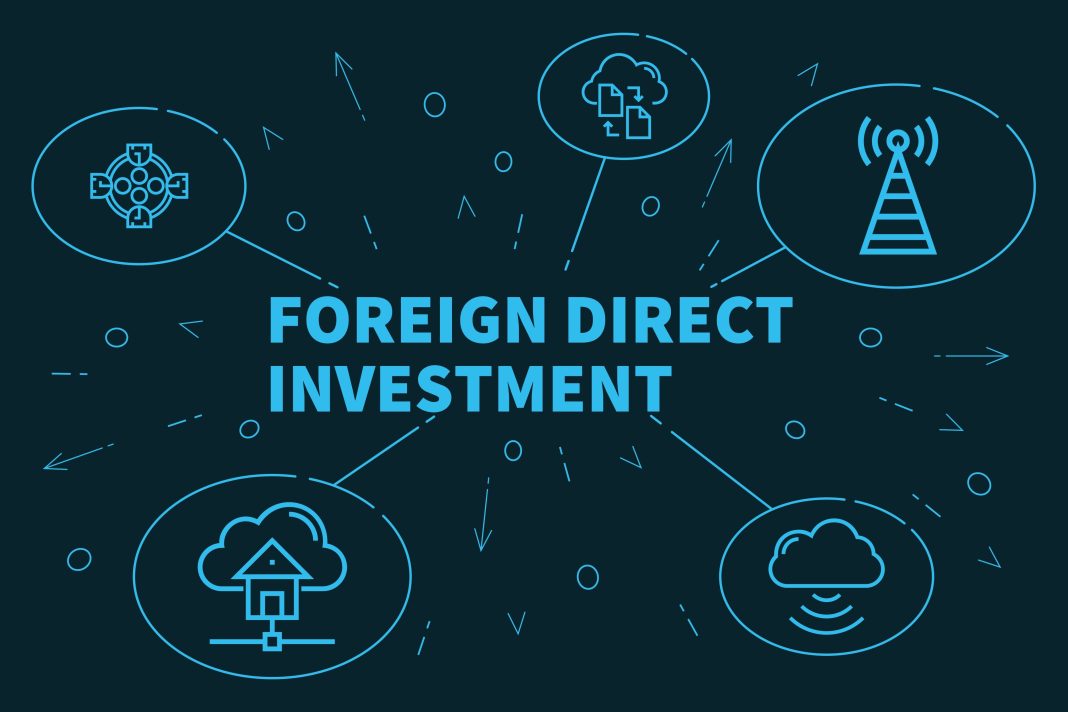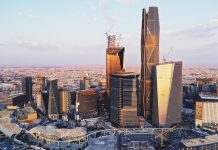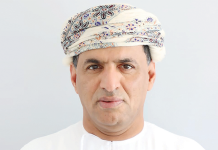Foreign Direct Investment (FDI) is currently playing a crucial role in the ongoing economic development of the GCC (Gulf Cooperation Council) countries. The GCC region continues to attract significant investment from various sources, including non-GCC and Arab investments from Gulf and MENA countries. A report states that Saudi Arabia and the UAE received a record-breaking $40 billion foreign direct investment in 2022, demonstrating a 58% increase from the previous year.
Non-GCC Investments in GCC Countries
Non-GCC investments in the region have been rising recently, with Arab investments in GCC countries coming from Gulf, Middle East, and North Africa (MENA) countries. This has contributed to the growth and development of the region’s economy. According to the new World Bank Gulf Economic Update (GEU), the economies of the Gulf Cooperation Council (GCC) are projected to expand by 6.9% in 2022 before moderating to 3.7% and 2.4% in 2023 and 2024.
Specific Sector: Infrastructure
The economic growth of any country greatly relies on its infrastructure sector, which plays a crucial role in supporting its development. Moreover, in the GCC region, infrastructure investments have been instrumental in driving economic growth, particularly in the transportation, power, and water sectors. Further, the GCC countries are expected to spend over $1 trillion on infrastructure projects between 2020 and 2025.
Top Countries Receiving Infrastructure Investments
Among the GCC countries, the United Arab Emirates (UAE) has been the top recipient of infrastructure investments. According to the Arab News analysis report, key MENA projects driving FDI and UK-to-Middle East investment in 2023 include infrastructure and engineering, tourism and hospitality, and clean/renewable energy, particularly megaprojects in Saudi Arabia.
Additionally, these investments have been directed toward various projects such as airports, seaports, railways, roads, and energy infrastructure. The UAE’s Expo 2020 Dubai showcased the country’s state-of-the-art infrastructure and attracted millions of international visitors. The UAE government invested heavily in the Expo, and it is estimated that the event generated over $33 billion in economic activity.
Bottom Line
The GCC region has received substantial foreign direct investments, particularly in infrastructure. Furthermore, non-GCC investments have been instrumental in the region’s progress, enabling the top GCC countries to enhance their economies and people’s well-being through infrastructure investments. Given the potential for growth and development in this sector, the future of the GCC region looks promising.







